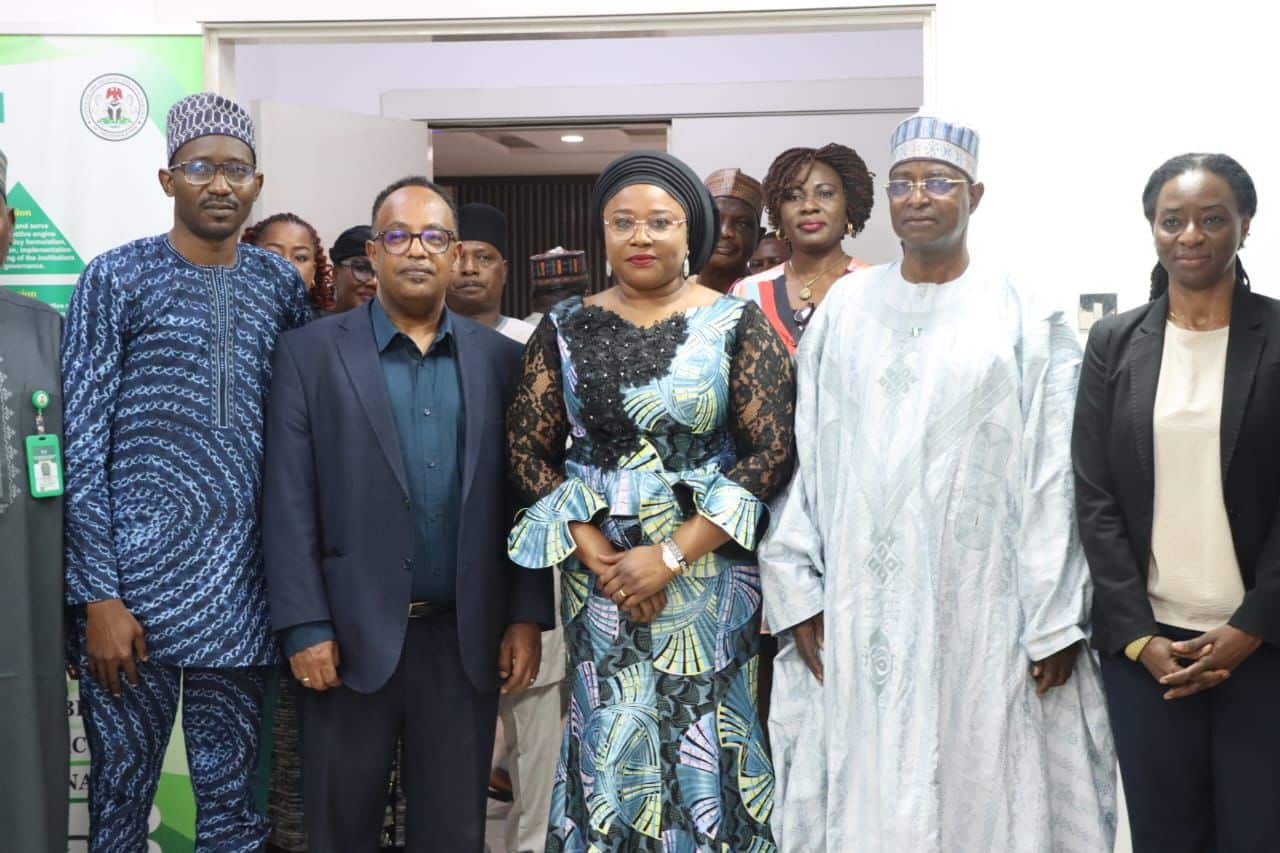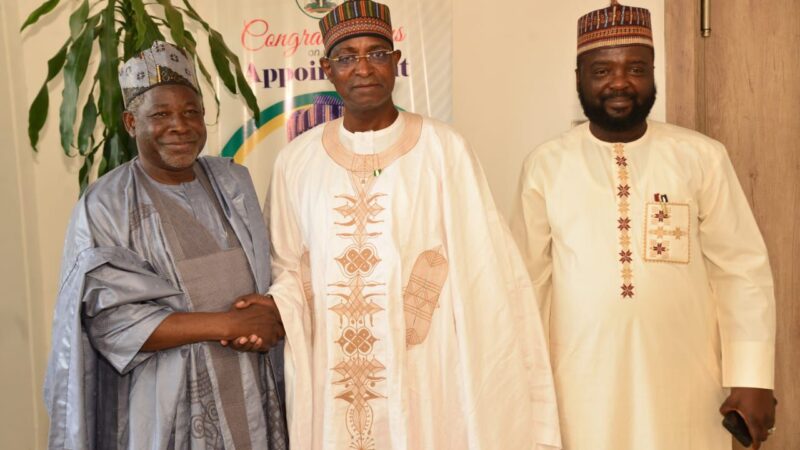Nigeria’s livestock sector could soon undergo a radical transformation following the presentation of the National Livestock Growth Acceleration Strategy (NL-GAS) to the Economic Management Team (EMT) by the Minister of Livestock Development, Idi Muktar Maiha.
Describing the sector as the “backbone of the economy,” Maiha said livestock in Nigeria remains a “sleeping giant” that must be awakened to deliver prosperity, food security, and peacebuilding. He stressed that the Ministry is ready to act as a catalyst for President Bola Ahmed Tinubu’s Renewed Hope agenda.
The NL-GAS aims to double herd size and expand livestock output value by 180% by 2035, with a heavy emphasis on public-private partnerships and state government involvement. Interventions include upgrading grazing reserves with feed and water infrastructure, improving animal breeds, expanding disease control, and strengthening processing, financing, and market access.
Nigeria, despite hosting the largest livestock herd in West Africa, still suffers a 50% deficit in livestock product supply, worsened by smuggling and informal trade. “This situation needs to change quickly, and armed with the necessary resources, the Livestock Development Ministry is set to deliver”, Maiha stated.
In a similar development, the Minister, on Thursday, received Nigeria’s first-ever National Livestock Master Plan (NLMP), a comprehensive investment roadmap designed to transform the country’s livestock sector into a driver of food security, rural prosperity, and national economic growth.
The plan, developed in collaboration with the International Livestock Research Institute (ILRI), was formally presented to the Minister of Livestock Development, Idi Mukhtar Maiha and the National Project Coordinator of the Livestock Productivity and Resilience Support Project (L-PRES), Dr. Sanusi Abubakar, marking a new phase in Nigeria’s agricultural policy and practice.
The Permanent Secretary of the Ministry, Dr. Chinyere Ijeoma Akujobi, directors of the ministry, and other senior officials attended the event alongside members of the ILRI delegation led by Senior Agricultural Economist, Dr. Dolapo Enahoro.
Speaking at the handover ceremony, the Minister described the NLMP as “not merely a document, but a blueprint for transformation,” noting that it reflects the Federal Government’s determination to reposition the livestock sector as a cornerstone of national development.
“Nigeria’s livestock sector contributes about 17 percent of agricultural GDP and 5 percent of national GDP. It sustains millions of livelihoods and remains critical to food and nutrition security. Yet, for decades, challenges such as low productivity, recurring disease outbreaks, poor infrastructure, and limited market access have undermined its potential.
“The National Livestock Master Plan is our response to these challenges, a 15-year investment plan that provides a strategic pathway for sustainable growth, job creation, poverty reduction, and inclusive prosperity,” he said.
The Minister recalled the transformative impact of similar initiatives on the continent, citing Tanzania’s Livestock Master Plan, developed with ILRI’s support in 2018, which secured over $624 million in research investment and catalysed private sector participation.
“Tanzania’s experience proves that robust planning, backed by government commitment, can unlock massive potential. With this NLMP, Nigeria now has a tested roadmap to mobilise investments, attract partnerships, and implement evidence-based interventions across priority value chains,” he added.
Dr. Sirak Bahta of ILRI, who presented the technical details of the plan, explained that the NLMP was developed through 24 months of rigorous research, policy analysis, and stakeholder consultations, aligning with Nigeria’s Livestock Growth Acceleration Strategy (NL-GAS).
The plan identifies cattle, poultry, small ruminants, pigs, and feed systems as priority value chains, while also providing strategies for breeding and genetics, animal health, feed and pasture development, market access, and research coordination.
According to him, the plan offers evidence-based investment scenarios, projecting that without intervention, Nigeria’s rising demand for meat, milk, and eggs will far outstrip domestic supply, worsening import dependence. However, he added that with targeted interventions, the country can meet domestic demand, reduce imports, and even emerge as a regional livestock hub.
“The NLMP is not just about technical inputs, but about creating an enabling environment where policies, investments, and innovations converge to drive sustainable change,” Bahta stressed.
A major thrust of the plan is addressing feed shortages through expanded pasture cultivation, development of floodplain grazing systems, and modernisation of feedlots, which could raise productivity by up to 40 percent. The plan also prioritises genetic improvement through community breeding programs, while safeguarding indigenous livestock species.
On animal health, Bahta noted that raising vaccination coverage to 75 percent and training community animal health workers could cut mortality rates by 65 percent, safeguarding household incomes and improving food safety.
He further emphasised gender inclusion, noting that women play crucial roles in dairy, poultry, and small ruminant value chains, and recommended targeted financing and technology adoption to enhance their productivity.






